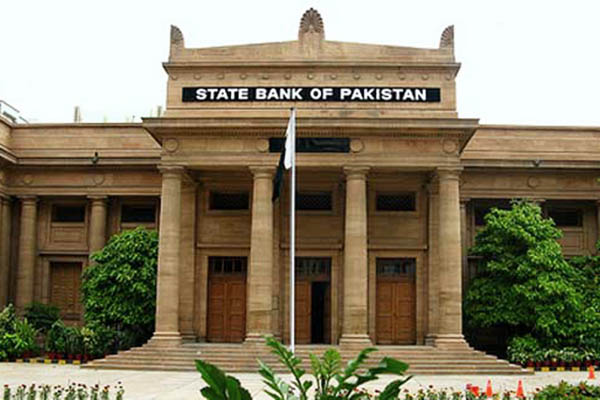
No Credit
The State Bank of Pakistan (SBP) on Thursday raised its benchmark interest rate by 125 basis points, from 13.75 percent to 15 percent, the highest level since 2008, with an aim at “ensuring a soft landing of the economy amid an exceptionally challenging and uncertain global environment.”
Following a meeting of the central bank’s Monetary Policy Committee (MPC), it stressed that the hike in the interest rate should help cool economy activity, prevent a de-anchoring of inflation expectations and provide support to the rupee in the wake of multi-year high inflation and record imports.
While acknowledging “encouraging” developments—reversal of an unsustainable fuel subsidy, the looming revival of a suspended IMF program, a $2.3 billion commercial loan from China, robust economic activity—the SBP warned this had been overshadowed by several adverse developments. “Globally, inflation is at multi-decade highs in most countries and central banks are responding aggressively, leading to depreciation pressure on most emerging market currencies. This strong monetary tightening has occurred despite concerns about a slowdown in global growth and even recession risks, highlighting the primacy that central banks are placing on containing inflation at this juncture,” it said. Domestically, it noted, both headline and core inflation had increased significantly in June, rising to a 14-year high, while the current account deficit had unexpectedly spiked in May, placing pressure on foreign exchange reserves and the national currency.
“Against this challenging backdrop, the [Monetary Policy Committee] noted the importance of strong, timely and credible policy actions to moderate domestic demand, prevent a compounding of inflationary pressures and reduce risks to external stability,” it said. “Like most of the world, Pakistan is facing a large negative income shock from high inflation and necessary but difficult increases in utility prices and taxes,” it said, adding there was significant risk of substantially worse outcomes without decisive macroeconomic adjustments.
“Adjustment is difficult but necessary in Pakistan, as it is all over the world. However, in the interest of social stability, the burden of this adjustment must be shared equitably across the population, by ensuring that the relatively well-off absorb most of the increase in utility prices and taxes while well-targeted and adequate assistance is provided to the more vulnerable,” it added.
The central bank, nonetheless, warned that headline inflation was likely to remain elevated around current levels for much of the current fiscal year before falling sharply to the 5-7 percent target range by the end of the next fiscal. “While risks exist on both sides, those of significantly higher inflation dominate, prompting today’s rate increase,” it stressed. “Going forward, the [Monetary Policy Committee] will remain data-dependent, paying particularly close attention to month-on-month inflation, the evolution of inflation expectations and global commodity prices, as well as developments on the fiscal and external fronts,” it added.
The central bank said growth was expected to moderate to 3-4 percent in the ongoing fiscal, on the back of monetary tightening and fiscal consolidation, “helping to close the positive output gap and diminish demand-side pressures on inflation.” This, it emphasized, would pave the way for higher growth on a more sustainable basis.
